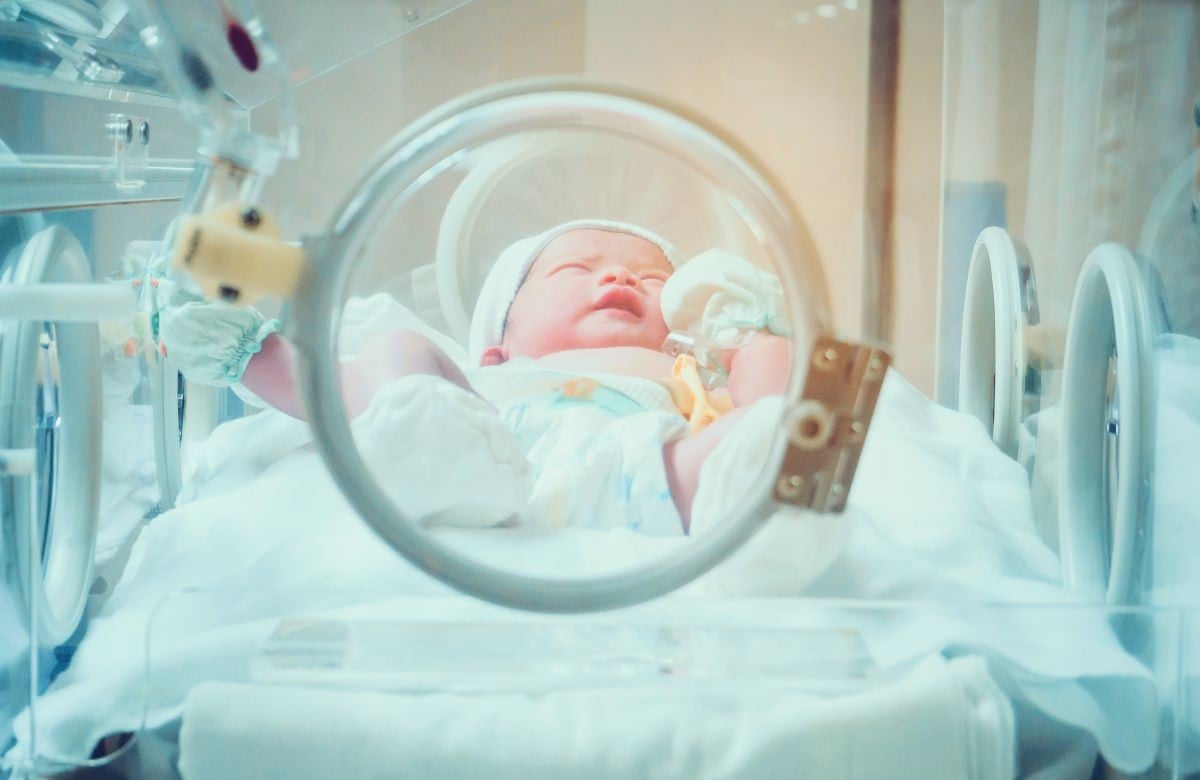Estimated rate of transmission was 2.2 per 1,000 patient-days at risk; no gastroenteritis symptoms seen in transmission cases
By Elana Gotkine HealthDay Reporter
THURSDAY, Dec. 12, 2024 (HealthDay News) — Transmission of the pentavalent rotavirus vaccine (RV5) strain is infrequent in the neonatal intensive care unit (NICU) and does not have clinical consequences, according to a study published online Dec. 9 in Pediatrics.
Morgan A. Zalot, M.P.H., from the Children’s Hospital of Philadelphia, and colleagues conducted a prospective cohort study involving all patients admitted to a 100-bed NICU for one year. Stool samples were collected weekly, and any RV5 strain was detected using real-time quantitative reverse-transcription polymerase chain reaction. The incidence of transmission to unvaccinated infants was calculated.
Overall, 1,238 infants were admitted; 45 percent were premature and 26 percent had gastrointestinal pathology. A total of 226 RV5 doses were administered during observation. The researchers tested 3,448 stool samples, including 2,252 from 686 unvaccinated patients. The majority (99.3 percent) of unvaccinated patients never tested positive for RV5; five (<1 percent) tested positive. The estimated transmission rate was 5/2,252 stools per unvaccinated infants or 2.2 per 1,000 patient-days at risk. In transmission cases, there were no gastroenteritis symptoms identified within seven days of collection of an RV5-positive stool. Fifty-five percent of the 126 patients for whom the RV5 series was initiated before the discharge date would have become age-ineligible to start the series if vaccination was allowed only at discharge.
“These findings add to the existing safety data and suggest that the known benefits of NICU administration of RV5 outweigh the low risks of vaccine-strain transmission,” the authors write.
One author disclosed ties to the pharmaceutical industry.
Copyright © 2024 HealthDay. All rights reserved.








